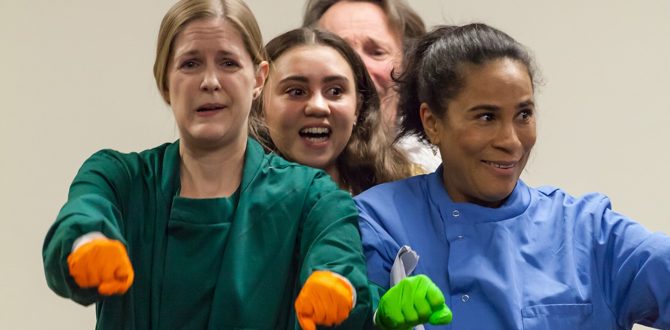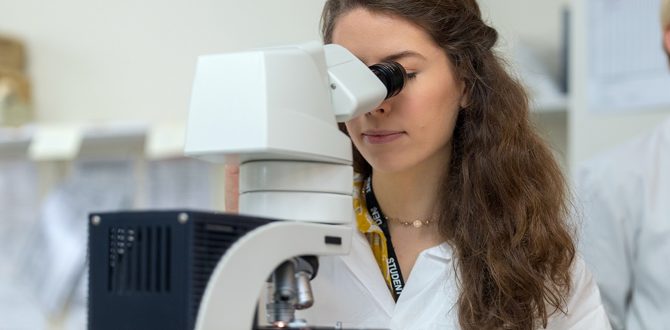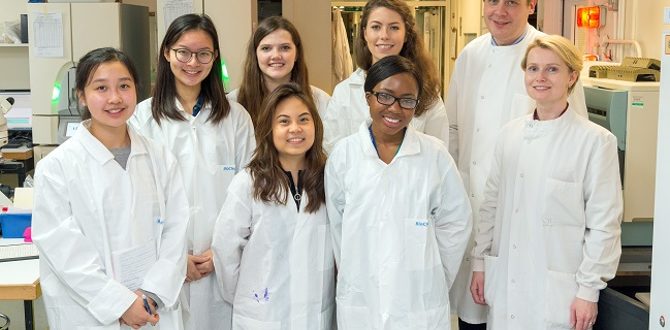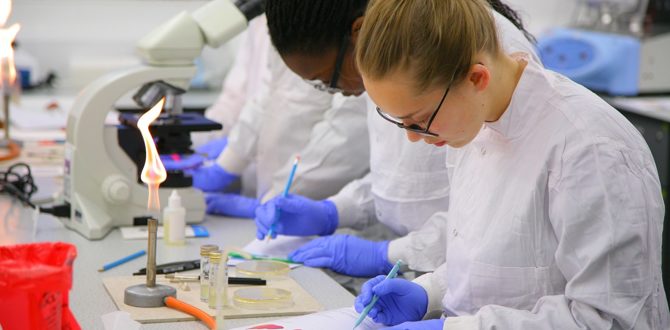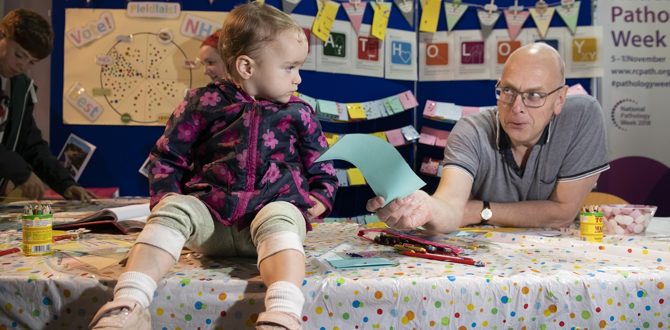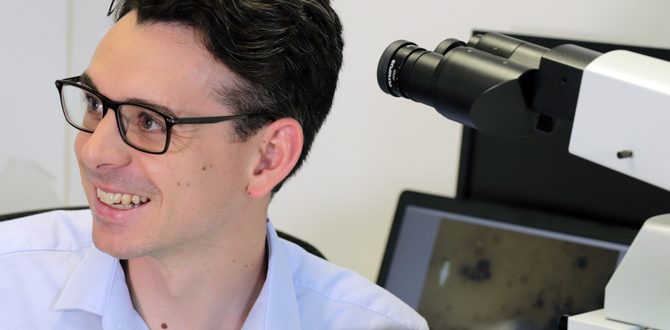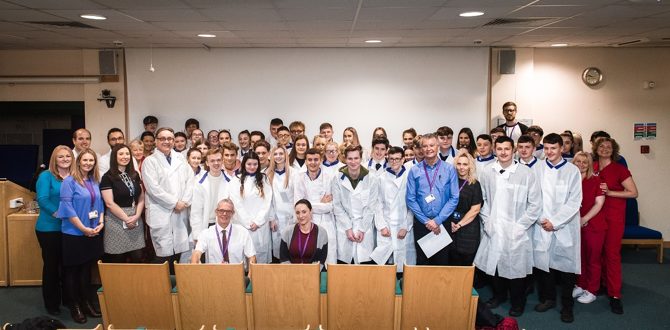Hosted by the chair of the health committee Dr Sarah Wollaston The College ran National Pathology Week exhibition in Parliament staffed by pathologists and College staff.

About 50 MPs and a dozen peers took part including most members of the health committee, the health secretary Jeremy Hunt (pictured), minister of state Alistair Burt and the shadow secretary of state Heidi Alexander.
Mr Hunt said the exhibition made an important contribution to informing parliamentarians about pathology and invited College President Dr Suzy Lishman to meet him to discuss speeding up diagnostic testing.
From the DUP’s Ian Paisley and SDLP’s Mark Durkan from Northern Ireland to the SNP’s health spokesperson Dr Philipa Whittford parliamentarians from all over the UK took part.
Primary and secondary school pupils joined us for the grand opening and lots of other children, visitors, parliamentary staff and civil servants also joined in. One parliamentary staff member of 30 years standing who said it was the ‘best exhibition’ he had seen in the Commons.
Dominic Malins, headteacher at La Retraite secondary school in Lambeth, said the exhibition and chance to speak to pathologists provided an ‘excellent insight for the students’.
On November 2 we officially launched National Pathology Week and the Pathology and the NHS Five Year Forward View (P5YFV) pamphlet. This time the parliamentary reception was hosted by Labour health spokesperson Lord Philip Hunt of King’s Heath. About 80 guests including peers, MPs and friends from partner organisations gave us really positive feedback.
The P5YFV pamphlet sets out key pathology policies that can help the NHS realise its vision of a sustainable and high quality service. The College priorities are delivering a national system of medical examiners, training the workforce of the future, investing in a national molecular pathology service, delivering the Choosing Wisely initiative and delivering the National Laboratory Medicine Catalogue.
The pamphlet has now being sent to all MPs, selected peers and stakeholders, about 1,100 in total. We have already received lots of support for the pamphlet including from Health Education England who want to collaborate on workforce issues.


